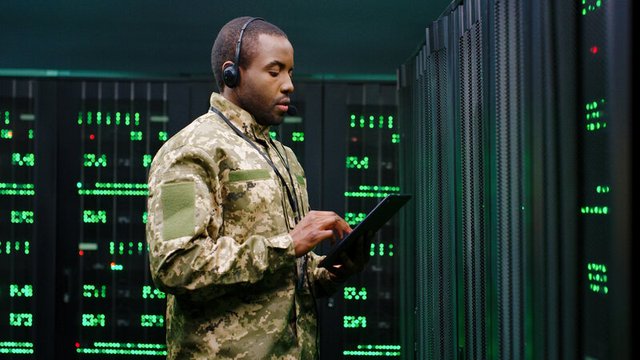

The modern world faces an unprecedented convergence of international security threats and instability. Factors such as war, climate change, mass migration, the explosion of artificial intelligence, terrorism, and the changing geopolitical landscape, means the world faces numerous issues that leaders will need to tackle together to prevent tensions boiling over.
This, coupled with rising national and international crime rates and criminal organisations, which increasingly operate across international borders can pose an incalculable threat to the global community in an increasingly connected world.
In this post, we will take a closer look at what international security is and what the most important threats are today. And if you would like to be a leader in a world of constant change and help to improve and find the necessary solutions, you might want to think about studying the Degree In International Relations at the Universidad Europea.
Before looking at the different threats and challenges in international security that we face as a global community, it is important to understand what we are talking about.
International security, also known as global security, is a term that refers to the measures taken by governments and international organisations, such as the United Nations, the European Union and others, to ensure the survival and security of all.
Our understanding of international security has changed and evolved over the years. Today, several interconnected issues in the world are covered. They range from traditional or conventional modes of military power, the causes and consequences of war between states, economic force, to ethnic, religious and ideological conflicts, trade and economic conflicts, energy supply, science and technology, food, as well as threats to human security and environmental degradation, infectious diseases, climate change and the activities of non-state actors.
The following list are some of the biggest threats to international security we face on a global scale. However, this is not all the threats – there are many more that not only government leaders need to work on and find solutions, but all of us as global citizens.
As you can see, international security encompasses several important topics. If you are passionate about working in the field of international development, security, or international relations, at Universidad Europea, in addition to the aforementioned degree, we offer the Global Bachelor in International Relations and the Degree in International Relations Valencia.
In all our programmes, you study under the guidance of experts and professionals in their areas of knowledge. In addition, knowing the importance of already having the necessary problem-solving skills, you will have opportunities to do internships in important organisations and companies in the sector.